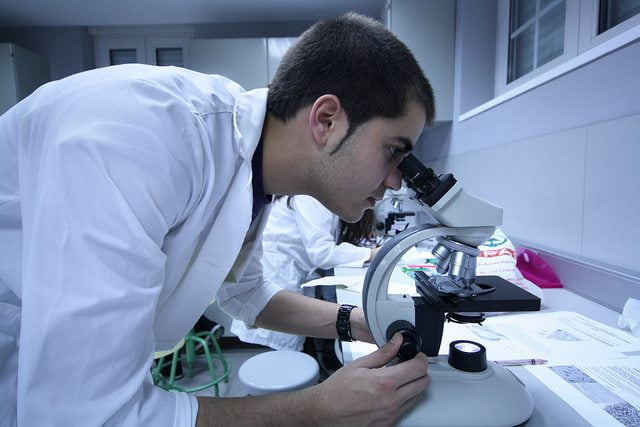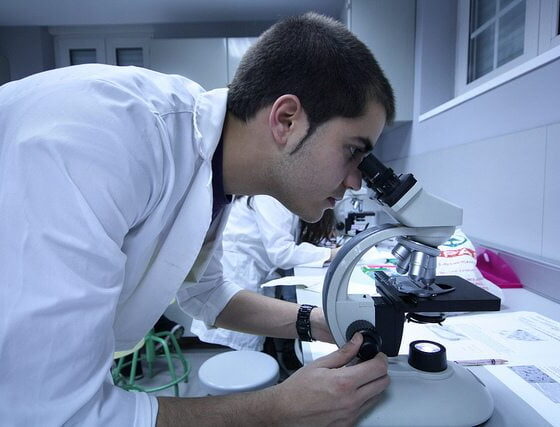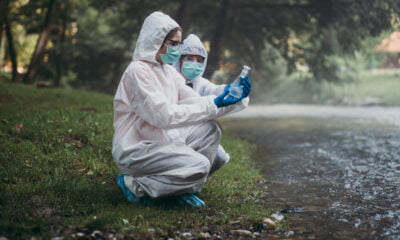

Environment
Two thirds of scientists advising EU on dangerous chemicals have industry links
Two thirds of scientists advising the EU on four controversial and potentially dangerous chemicals have links to industries that are affected by their assessments.
That is the finding of a new report from the Corporate Observatory Europe, which calls into question whether the three Scientific Committees under DG SANCO, the Directorate General for Health and Consumers, can be trusted to assess the safety of some hazardous substances.
The committees are responsible for judging the risk to humans and the environment of chemicals found in items from makeup to baby bottles, and hold influence over European Commission regulators.
The report looks at four example chemicals that are currently on the market. These include parabens, which are found in cosmetics and can disrupt the body’s hormones, and nanoform titanium dioxide, which has been found in products from paints to chewing gum and can damage DNA.
Despite the risks, 67% of the 57 experts passing judgments on chemicals such as these have conflicts of interest due to their links to industries that would be impacted by increased regulation.
Most of the 67% serve as consultants or advisers to affected sectors, while some were linked to household names, such as GlaxoSmithKline and Unilever.
While this does not prove foul play, Corporate Europe Observatory suggests it is reason for concern, as some scientists may unconsciously skew findings with unintentional bias.
“Judging the potential risk of substances like endocrine-disrupting parabens can have a huge impact on whether we enjoy a healthy life, a healthy environment or even the healthy development of an unborn baby,” said Corporate Europe Observatory researcher and campaigner Pascoe Sabido.
“But these assessments don’t just affect public health, they also help dictate the financial fortunes of companies involved in producing and using the substances.
“This means that the independence of the scientists providing the expert advice needs to be above and beyond any suspicion of industry influence – which is not the case.”
With all 57 members the Scientific Committees having been approved by three secretariat members, Sabido and his colleagues have urged DG SANCO to consider reforms to its independence policies.
“This includes immediate changes, like broadening their definition of a conflict of interest, as well as longer term goals such as increasing the involvement of independent public scientists in risk assessment and ultimately ending all links between industries and the safety assessment of the products they produce,” he said.
Photo: Saint Louis University Madrid Campus via Flick
Further reading:
Apple bans hazardous chemicals from supply chain after investor pressure
Pesticides found in 63% of UK bread
Investors and corporates target Apple over use of hazardous chemicals
Study: organic food has more antioxidants, less toxic metals and fewer pesticides
‘Overwhelming and clear evidence’ that neonicotinoids harm bees and food

































